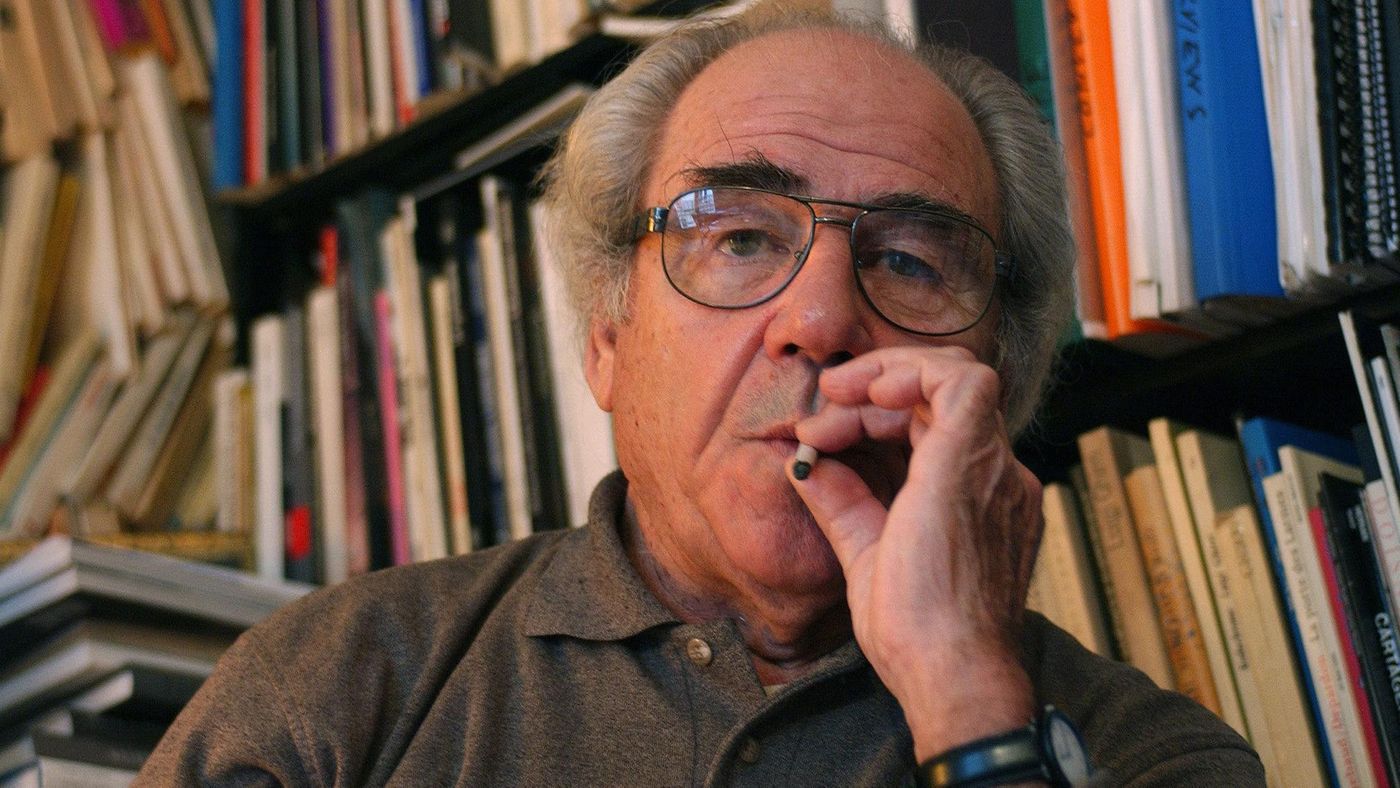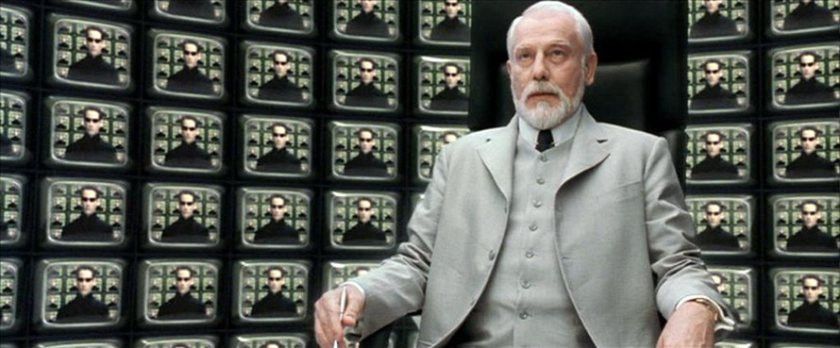sarcastic spark
[Shuixiang Inscription] Although the success of the film has boosted Busia's popularity, Busia did not buy it. Not only did she reject the invitation of the Vagosky sisters to collaborate on the second volume, but she even publicly criticized the movie's faults, creating a An interesting case of Zong's film and philosophy intertwined.

When The New York Times contacted Busia in 2002 to find out what he thought of The Matrix's popularity, he bluntly stated that the film's appropriation was "stemmed mostly from misunderstandings." ). The following year, the magazine Le Nouvel Observateur followed up with Busia on the same topic, leaving a detailed text of Busia's criticism of The Matrix.
In that interview, he was really ruthless. In addition to analyzing the flaws of "The Matrix", he also listed several similar works that he thought performed better than "The Matrix". First, he pointed out that the crux of "The Matrix" is to confuse illusion and simulacrum, mistakenly thinking that his book is just a retelling of classical skepticism since Plato, thus covering up the new problem he wants to reveal. Second, there are precedents for films that show indistinguishable truth from falsehood, such as The Truman Show, Minority Report and Mulholland Drive, etc. "Guest Mission" is more like a rough patchwork of the previous ones, without any winning items. He described the wishful misunderstanding of "The Matrix" as the 1980s New York simulation artists trying to get close to him.
(Baudrillard)
The failure of "The Matrix" completely divided the real and fictional worlds, thinking that after breaking through the illusion created by the mother body, there is still a final stronghold for human beings. Busia thinks the really interesting places are where the two worlds meet. (la jointure des deux mondes), and the present world he analyzes in Mimicry and Simulacrum is such a place. In the book, he clearly stated that "Illusion is impossible, because reality is impossible." And simulacra is far more dangerous than real transgression or violence, because transgression or violence can only disturb the order of reality at best, while simulacra is even more dangerous than real transgression or violence. itself uprooted.
La transgression, la violence sont moins graves car elles ne contestent que le partage du réel. 'être que simulation. (Baudrillard)
With that said, isn't The Matrix itself an excellent example of mimetics? The film is not only a dichotomy of fiction and reality, but also full of religious imagery, relying on messiahs and utopias to provide a solution finale to human catastrophe, obscuring the real danger of simulacrum. Therefore, Busia judged that "The Matrix" was involved in the perfect crime of mimetics, and could be regarded as a mimetic of mimetics, like a matrix produced by a matrix (« Matrix », c'est un peu le film sur la Matrice qu'aurait pu fabriquer la Matrice.). Busia went so far as to describe the film's global success as a spreading contamination, no different from the self-replicating viral program in the second installment.

In addition, he thinks that the architect who appeared in the second part is not fishy. It seems to declare that the entire world is a closed system dominated by computer programs, and even the savior of mankind can only compromise. All the resistance of human beings is in the calculation, and to the end, it is just a deliberate arrangement for the self-correction of the mother body. Although Busia himself no longer hopes for any complete liberation, in theory he cannot agree with such a set of eschatology. Echoing his words in the chapter "On Nihilism", Nietzsche is no longer in existence. He thinks "The Matrix" needs a little more ironic spark (une lueur d'ironie) than the almighty "pseudo-Freud" (le pseudo-Freud). (to be continued)
Like my work? Don't forget to support and clap, let me know that you are with me on the road of creation. Keep this enthusiasm together!
